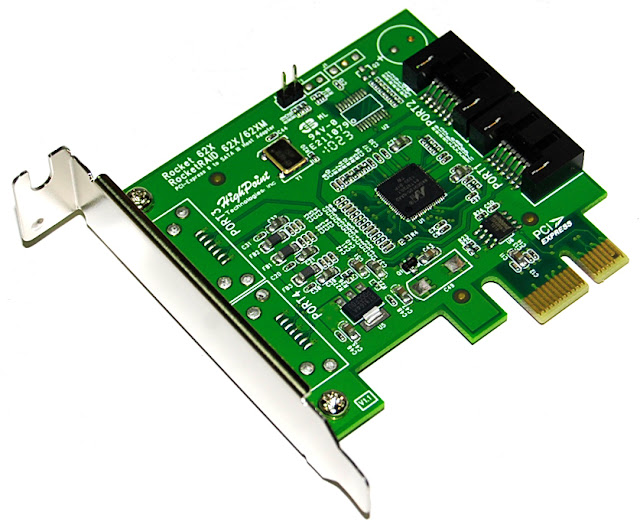Openfire Version : 4.0.3
Installed location : /opt/openfire
increasing java heap memory size
creating openfire.vmoptions
root:# touch /opt/openfire/bin/openfire.vmoptions
and at this value to openfire.vmoptions (mine is max 1GB), change value as needed.
root:# mcedit /opt/openfire/bin/openfire.vmoptions -Xms512m -Xmx1024m
Testing
Start openfire and grep it to see if variable inside openfire.vmoptions used or not.
root:# ps ax | grep -i openfire 13488 pts/1 Sl 1:09 /usr/lib/java/bin/java -server -Dinstall4j.jvmDir=/usr/lib/java -Dexe4j.moduleName=/opt/openfire/bin/openfire -DopenfireHome=/opt/openfire/bin/../ -Dopenfire.lib.dir=/opt/openfire/lib -Dinstall4j.launcherId=22 -Dinstall4j.swt=false -Di4jv=0 -Di4jv=0 -Di4jv=0 -Di4jv=0 -Di4jv=0 -Xms512m -Xmx1024m -Di4j.vpt=true -classpath /opt/openfire/.install4j/i4jruntime.jar:/opt/openfire/lib/bcpg-jdk15on.jar:/opt/openfire/lib/bcpkix-jdk15on.jar:/opt/openfire/lib/bcprov-jdk15on.jar:/opt/openfire/lib/hsqldb.jar:/opt/openfire/lib/javax.websocket-api.jar:/opt/openfire/lib/jtds.jar:/opt/openfire/lib/mail.jar:/opt/openfire/lib/mysql.jar:/opt/openfire/lib/npn-boot.jar:/opt/openfire/lib/openfire.jar:/opt/openfire/lib/postgres.jar:/opt/openfire/lib/slf4j-log4j12.jar:/opt/openfire/lib/startup.jar com.install4j.runtime.launcher.UnixLauncher start e44106de /opt/openfire/bin/../logs/stderror.log /opt/openfire/bin/../logs/stdoutt.log org.jivesoftware.openfire.starter.ServerStarter 16615 pts/1 S+ 0:00 grep -i openfireSee -Xms512m -Xmx1024m inside grep command
Debian 8.5
Openfire Version : 4.0.3
Installed location : /usr/share/openfire
root@triton:/var/lib# cat /etc/default/openfire # Defaults for openfire initscript # sourced by /etc/init.d/openfire # installed at /etc/default/openfire by the maintainer scripts # # This is a POSIX shell fragment # # If you wish to override the auto-detected JAVA_HOME variable, uncomment # and change the following line. #JAVA_HOME=/usr/java/default # Additional options that are passed to the Daemon. DAEMON_OPTS=""
change to
root@triton:/var/lib# cat /etc/default/openfire # Defaults for openfire initscript # sourced by /etc/init.d/openfire # installed at /etc/default/openfire by the maintainer scripts # # This is a POSIX shell fragment # # If you wish to override the auto-detected JAVA_HOME variable, uncomment # and change the following line. #JAVA_HOME=/usr/java/default # Additional options that are passed to the Daemon. # DAEMON_OPTS="" DAEMON_OPTS="-Xms512m -Xmx1024
Testing
root@triton:/etc/default# ps -ax | grep -i openfire
26071 ? Sl 0:06 /usr/lib/jvm/java-7-openjdk-amd64/jre/bin/java -Xms512m -Xmx1024m -server -DopenfireHome=/usr/share/openfire -Dopenfire.lib.dir=/usr/share/openfire/lib -classpath /usr/share/openfire/lib/startup.jar -jar /usr/share/openfire/lib/startup.jar
See -Xms512m -Xmx1024m inside grep commandBefore
 |
| Before increasing Java Memory to 1GB |
 |
| After increasing Java Memory to 1GB |







